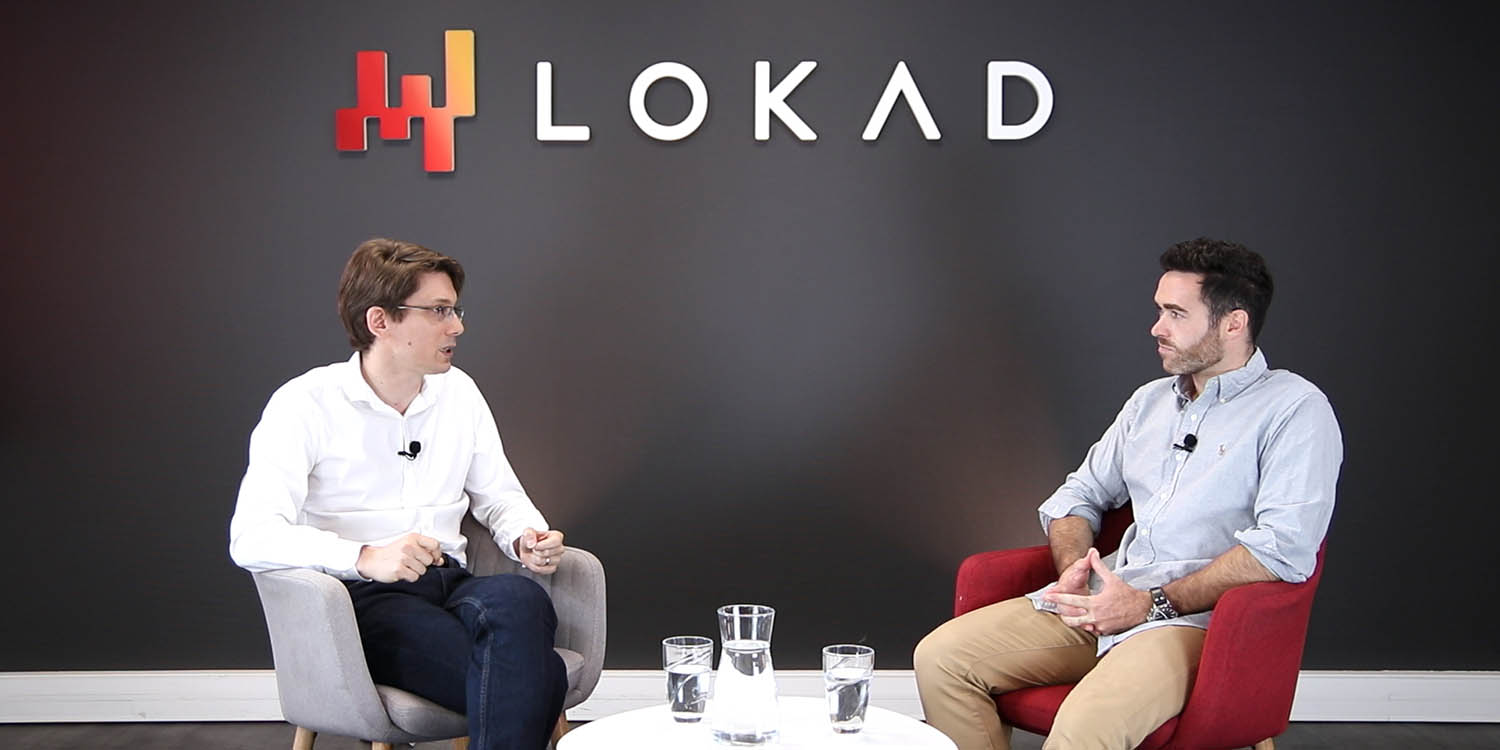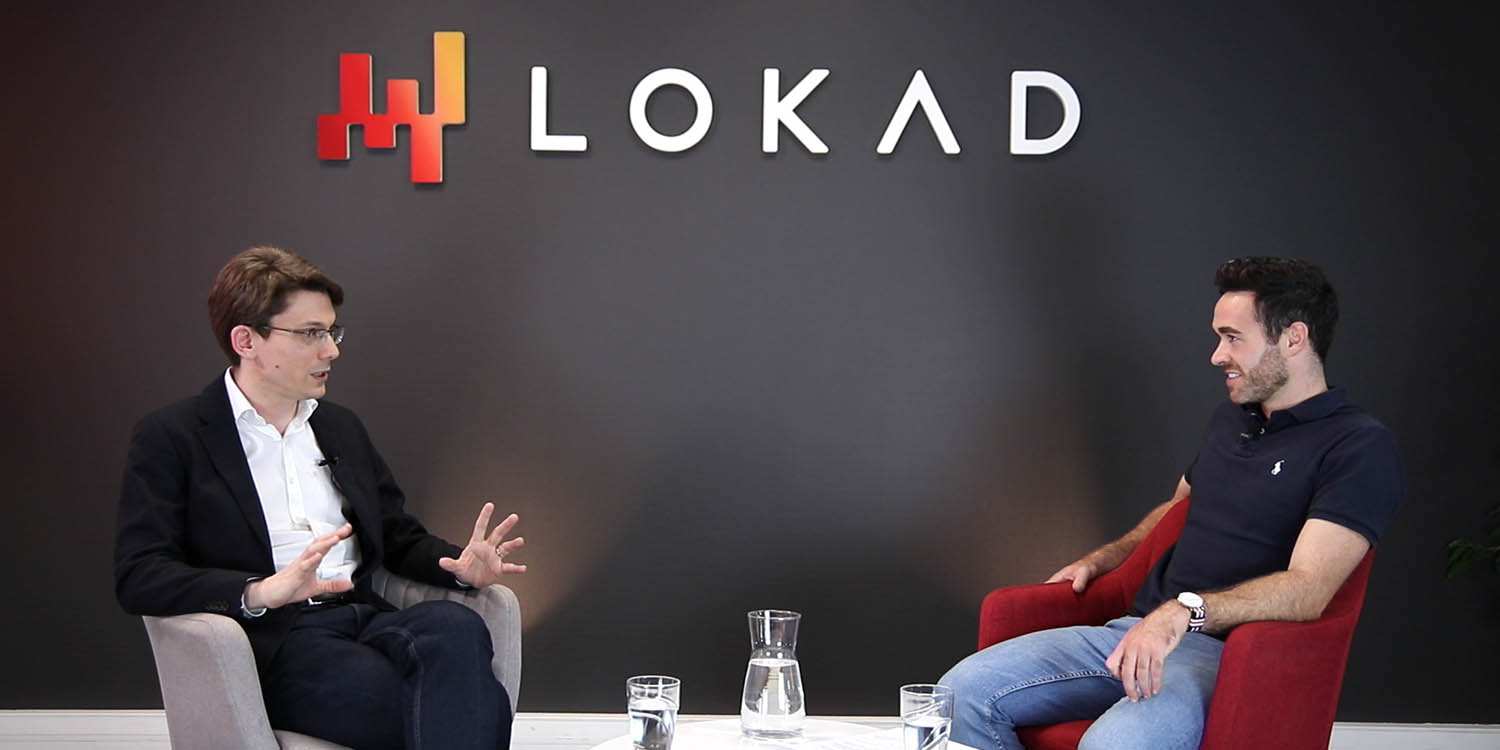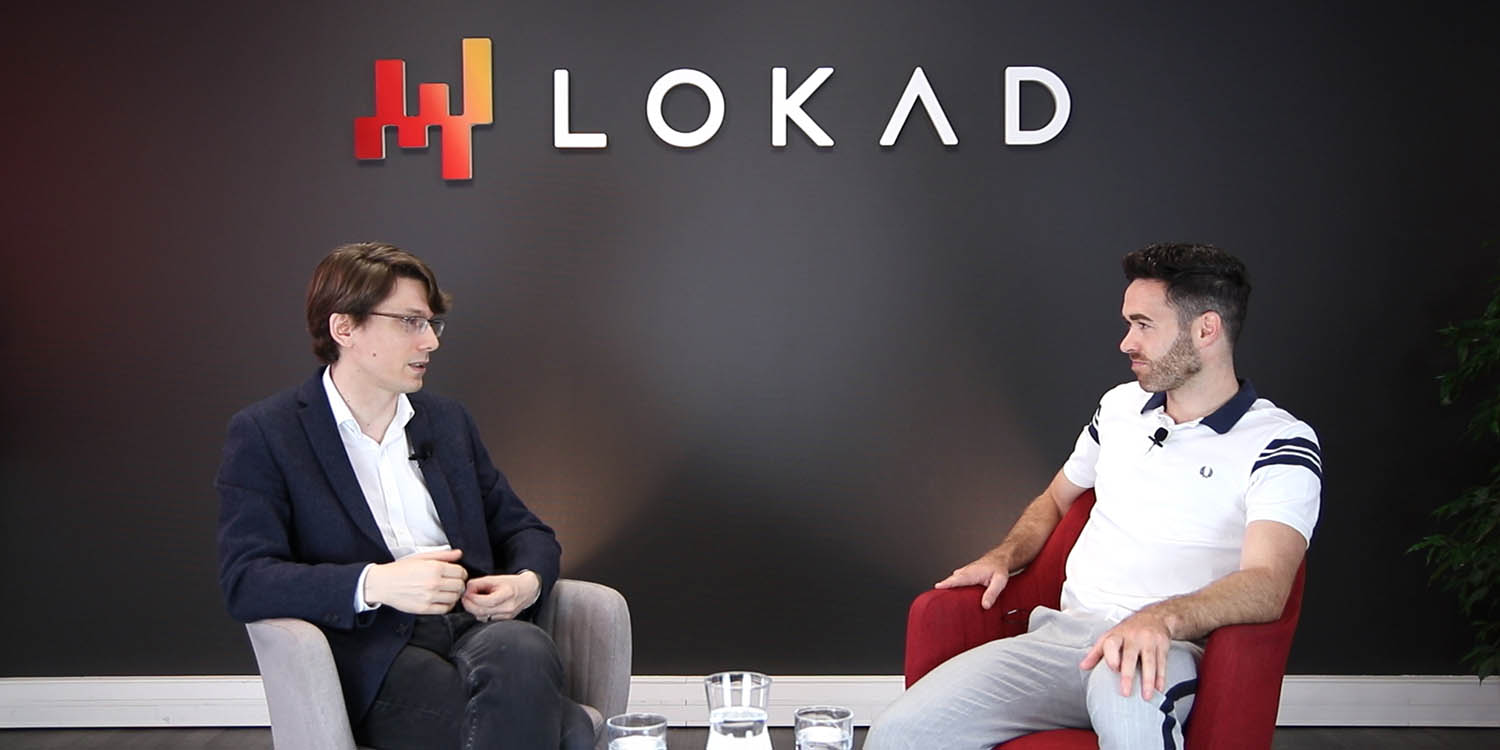Supply Chain science and tech
BACK TO LOKAD TV ›
The Quantitative Supply Chain Journey
When starting Lokad back in 2008, we thought we had the solution already all worked out. However, since those early days, there have been many twists and turns along the road, and we have had to change the entire strategy of the company on a large number of occasions.
Quantitative / Qualitative Paradox in Supply Chains
Better quantitative results in supply chains are frequently obtained through better qualitative, if not highly subjective, perspectives rather than from better numerical methods. Most the breakthroughs, that ultimately lead to quantitative improvements, of Lokad were of a qualitative nature.
Scenario Planning vs. Probabilistic Forecasting
Scenario planning was first pioneered by Shell in the 1970’s and since then has been promoted by consultancies worldwide as a powerful tool to help companies prepare for every eventuality. Here, we discuss the effectiveness of this approach and whether it can be replaced by alternative methods, such as probabilistic forecasting.
Smoothing Warehouse Operations
Despite the rise of automation, modern day warehouses still rely heavily on manpower, which can lead to diseconomies of scale in periods of heavy demand. As such, we learn more about how decisions can be prioritized and why smoothing warehouse operations is so important when it comes to managing fluctuations in activity.
Pricing Practices for Supply Chain Software
From exorbitant one-time licenses to hidden maintenance fees, it seems like navigating the range of approaches to pricing software can often be somewhat of a minefield. Here, we explore some of the main approaches and learn more about the bad practices to look out for.
What is Supply Chain?
From a company perspective, while dealing with flows of goods, supply chain is the mastery of optionality when facing variability. This episode focuses on what the term ‘Supply Chain’ means, and what are the organisational implications of this definition.
Event Sourcing for Supply Chain systems
When relational databases emerged in the 70’s they provided a breakthrough for companies to turn their supply chain digital, decades before the 'digitalization' buzzword. However, event sourcing has now emerged as a more manageable, more reliable and more scalable way to design supply chain systems compared to the relational design. At the core of this revolution, a perspective on reality itself which is too frequently under appreciated by supply chain practitioners.
Better Data for Better Forecasts
Arthur Conan Doyle’s iconic character Sherlock Holmes famously said ‘it is a capital mistake to theorize before one has data’. We certainly agree, as data is the foundation of any optimization process. Here, we discuss what companies that collect data can do and tackle the myth that data has to be perfect for a machine to be able to work with it.
Early Signals and Forecasting
With a product's success so often relying upon the latest trends, the ability to capture initial demand and detect new crazes is becoming increasingly sought after. Here we discover whether the rise of social media means that forecasting these trends is now possible and what companies can do to react based on early signals.
Assessing Supply Chain Software
Market analysts and consultants can be a useful aid in assessing the multitude of different supply chain software. However, too frequently, those 'experts' hide behind weak and irrational methodologies, instead of providing opinionated insights which would require a lot work from them. Far from being irrational, high-quality subjective reviews nearly always outperform cheap and naive methodologies.
Decision First Supply Chains
Supply chains have historically been built with forecasting at their centre, with the actual decision making process left to the intuition and experience of senior staff. We explore the alternative approach of putting ‘decisions first’, and how this philosophy vastly improves the supply chain performance.
Choosing your ERP
ERPs are misnomed. It should have been ERM standing for Enterprise Resource Management. It's a class of enterprise software that support many routine operations of a company. When it comes to choose an ERP, one must first understand the design and driving forces behind those products.











